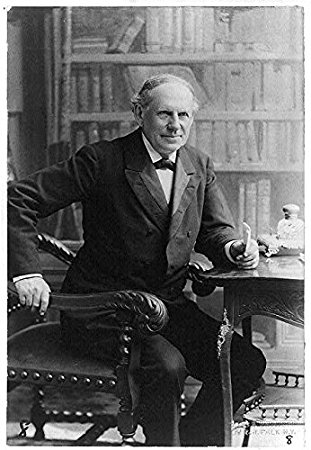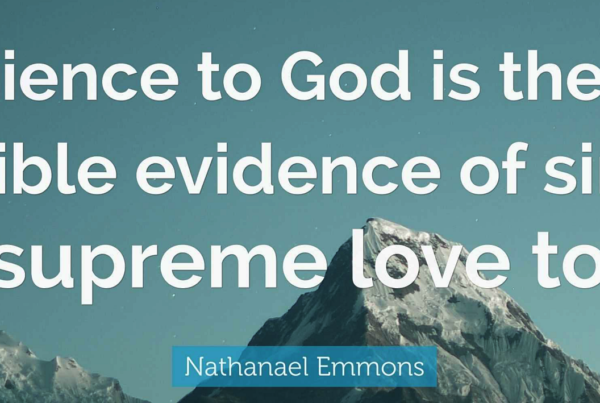Quote for Today

“And as it is appointed to men once to die,
but after this the judgment:…”
Hebrews 9:27-28
“There is a very cheerful emphasis on that word “once.” I know people who have so much grace that death seems to be attractive to them, and they really talk as though they would be willing to die half a dozen times. It is not so with me. I submit to the idea only because I have to. But, thank God, we die but once. We take seventeen thousand breaths in a day, but there will be only one last breath.
1. I remark, in regard to the first crisis, that it will be the ending of all our earthly plans. If Napoleon wants to fight Austerlitz, he must do it before that, or never fight it at all. If John Howard wants to burn out the dampness of the dungeon, he must do it before that, or never do it at all. The last moments will snap off all our earthly schemes. If our work at that time be rounded, it will stay rounded. If it be incomplete, it will stay incomplete, like the national monument on Calton Hill, Edinburgh — a row of pillars showing what the building was meant to be, but is not.
2. Again, I remark that the first crisis spoken of in my text will be our physical ruin. However attractive the body may have been, it must come to defacement and mutilation. Dissolution!
3. Again, I remark, in regard to the first crisis of which I speak, it will be the ending of all our earthly associations. From all our commercial, all our social, all our political, all our religious, all our earthly associations, we will be snapped short off.
4. Again, I remark, in regard to that first crisis, it will be the ending of the day of grace. Before that, plenty of bright sabbaths, and golden communion days, and prayers, and sermons, and songs; but at that point a messenger from God will stand with uplifted hand, bidding all opportunities of salvation “Stand back!” But I have given you only half the text. Is there anything after that? When our physical life is extinct, are we done? No! I am immortal. “It is appointed unto men once to die, and after that the judgment.”In that one word of eight letters are piled up harps and chains, palaces and dungeons, hallelujahs and wailings of eternity.
1. I remark, in regard to that second crisis, that it will be our physical reconstruction. Paul will get back his body without the thorn in the flesh; Payson his, without the pang; Robert Hall his, without the lifelong excruciation; Nero his; Robespierre his; Napoleon III. his; the sot his; the libertine his. Some of the bodies built up into unending rapture, some of them into unending pang.
2. I remark, again, in regard to that second crisis, that it will be the time of explanation. Why is it that the good have it hard and. the bad have it easy? Why that the Christian mother is deprived to-day of her only child, and the household of the godless left undisturbed? I appeal to the day of judgment. On that day God will be vindicated, and men will cry out, “He is right — everlastingly right!”
3. That last crisis, I remark, will be one also of scrutiny. I do not know how long the last trial will take, but I am very certain that all the past will rush through our recollection. And just imagine it, how that man, that woman will feel when displayed before him or her there shall be ten, twenty, thirty, or forty years of unimproved opportunities.
4. I remark, again, in regard to that crisis, that it will be one of irrevocable decision. If we lose our case in the Court of “Common Pleas,” we take it to the “Circuit”; or, failing there, we take it to “Chancery,” or “Supreme Court.” If we are tried before a petit jury, and the case goes against us through some technicality of the law, we get a new trial. But, when the decision of the last day shall be given, there will be no appeal.”
Thomas De Witt Talmage
“Seeing then that all these things shall be dissolved,
what manner of persons ought ye to be
in all holy conversation and godliness”
2 Peter 3:11



